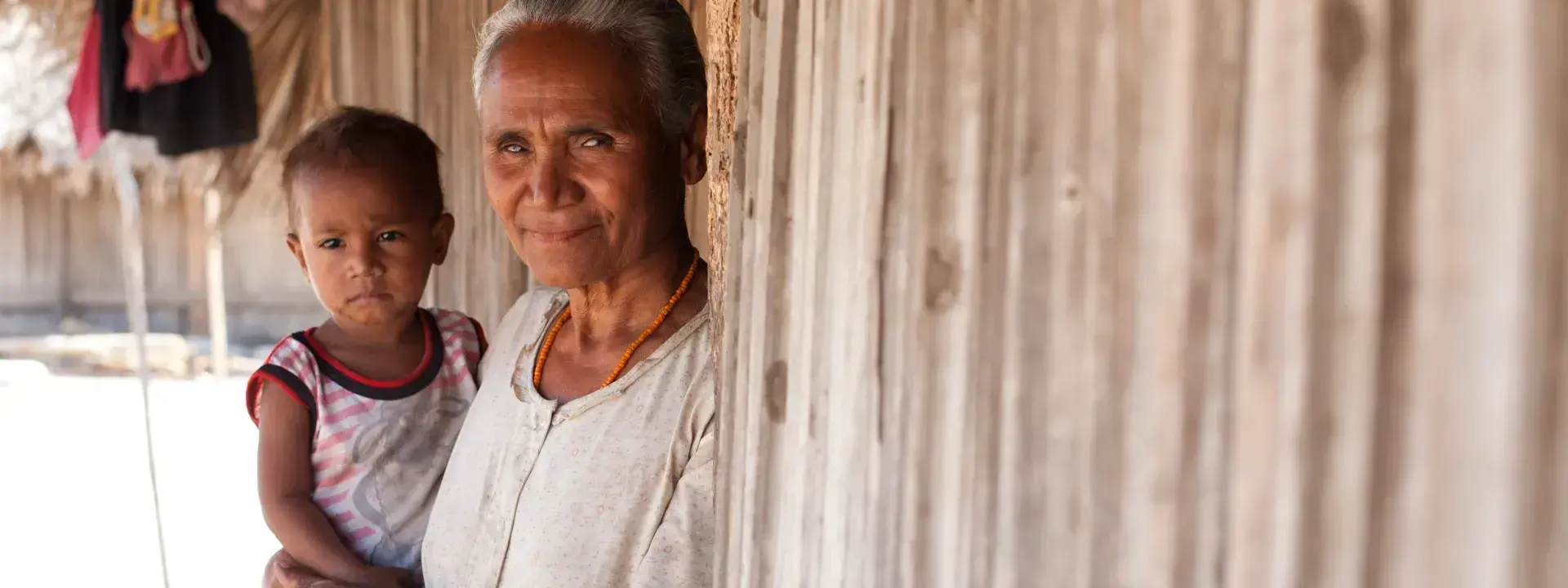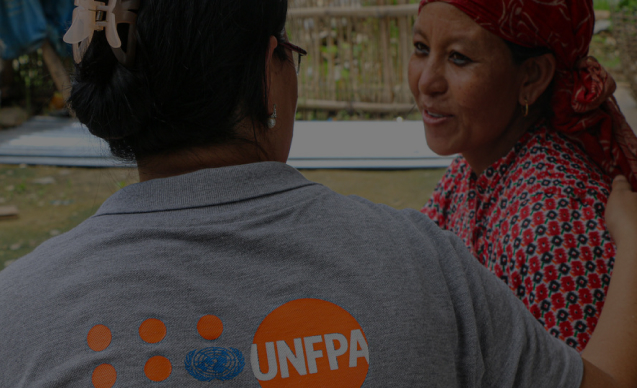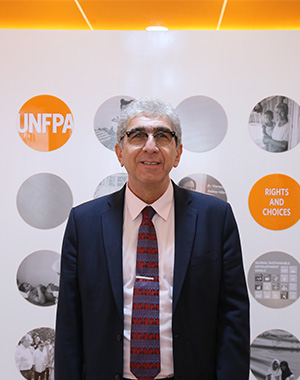About Us
UNFPA, the United Nations Population Fund, works to deliver a world where every pregnancy is wanted, every child birth is safe and every young person’s potential is fulfilled.
These efforts are guided by the Programme of Action adopted at the 1994 International Conference on Population and Development (ICPD) and Sustainable Development Goals (SDGs) 2030.
UNFPA began its partnership with Indonesia in 1972 to deliver strengthened family planning services, demographic research, and population education programmes at schools. Today, UNFPA is one of Indonesia’s most valued partners in reproductive health, youth, population and development, and gender equality.
As the world’s fourth most populous country, Indonesia remains a priority country for UNFPA. Ensuring universal access to sexual and reproductive health information and services through policy change, advocacy, and knowledge sharing is the primary focus of the 2021-2025 Country Programme Action Plan (CPAP) for the Programme of Cooperation between the Government of Indonesia and UNFPA.
This goal supports the achievement of Three Zeros: ending preventable maternal deaths, unmet need for family planning, and gender-based violence and harmful practices against women and girls. An agreement that followed the global commitment made at the ICPD, making the Three Transformative Results a reality will also support the achievement of SDGs by 2030.
To achieve the vision, UNFPA and the Government of Indonesia will implement programmes that focus on strengthening midwifery workforce; engaging youth for meaningful participation; preventing HIV among key populations; ending female genital mutilation (FGM) and child marriage; improving humanitarian-development nexus; and maximing use of data for policy and programme.
We use the human rights-based approach to reach the furthest behind and build back better, so that no one is left behind in national development and humanitarian response.




